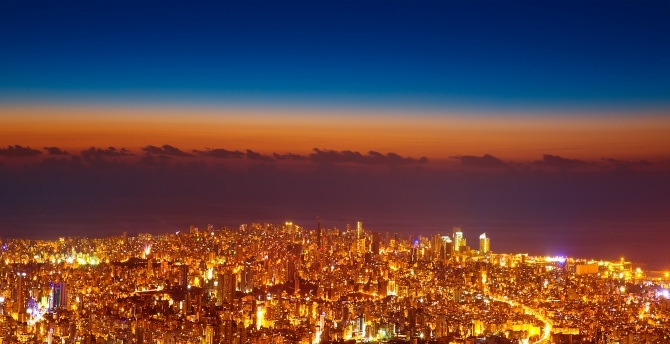
Rolling blackouts and spending billions on subsidies to a failing state-owned electricity company have been facts of life in Lebanon the last several years. The subsidies to Electricité Du Liban (EDL) from 2008 to 2017 have averaged 3.8 percent of GDP and constitute roughly half of Lebanon’s fiscal deficit. Recognizing this as an unacceptable status quo, the Lebanese Institute for Market Studies (LIMS) has been a thought leader in advocating for opening up the sector to competition for the last three years. Its research and advocacy seems to have finally paid off, with the Lebanese Cabinet’s recent approval of a plan to amend Law 288 to overhaul the energy sector and allow private companies to begin producing electricity.
The Lebanese government has decided to rely solely on private independent power producers (IPP) for all future electricity generation projects and this amendment provides the legal framework for doing so. Its pledge to the people is to allow the development of an infrastructure that can support electricity 24 hours a day.
“Three years ago, when LIMS suggested allowing private generation of electricity, no one in Lebanon had even thought about this option,” said LIMS President Dr. Patrick Mardini. “Today, private production of electricity became inevitable thanks to our well-structured advocacy campaign.”
“The public sector cannot pursue running the system in the same way, with the huge deficit, when all the world’s nations are heading towards relying on the private sector,” argued the former investment manager of EDL, Ghassan Baydoun, in a radio interview about the energy debate that also featured Dr. Madini.
Leading up to the most recent reform, electricity rationing had been increasing significantly due to a shortage of funds to pay for the state-owned electricity company EDL. A first step toward allowing competition in the sector occurred a little under a year ago when a single company was allowed to build and operate the Deir Amar power plant, which LIMS counted as a sign of progress and this is supposed to have saved $600 million in state spending.
An additional $1.8 billion was saved when LIMS successfully countered the government’s proposal to rent additional power generation vessels. Allowing independent power producers into the market will help avoid the institutional problems that have hindered the construction of new power plants in the country.
Yet Lebanon’s problems are far from over. While the legal framework for private competition has been provided, the implementation of such reforms is another battle that is just now beginning.
“The electricity battle is not over yet,” continued Mardini. “The implementation phase is as important as the reform. We suspect some decision makers to try to favor crony electricity producers on the expenses of more competitive suppliers; but we won’t let them. With continued support, LIMS will keep on producing free-market ideas, and counter corruption, collectivist rhetoric and statist schemes.”
Dr. Mardini first workshopped the “Legalize Electricity” campaign at Atlas Network’s 2016 Liberty Forum in Miami. LIMS won the Middle East & North Africa Liberty Award in 2017 for its campaign to legalize the private production of electricity in Lebanon. Atlas Network has featured LIMS’ progress on this project several times in the last few years.
LIMS also received an Atlas Network LEAP grant in 2018 for its research and advocacy work on Lebanon’s energy sector. Dr. Mardini completed an Atlas Network Middle East and North Africa Think Tank Start Up Training in 2017, Think Tank Leadership Training in 2016, and is an Atlas Leadership Academy graduate.